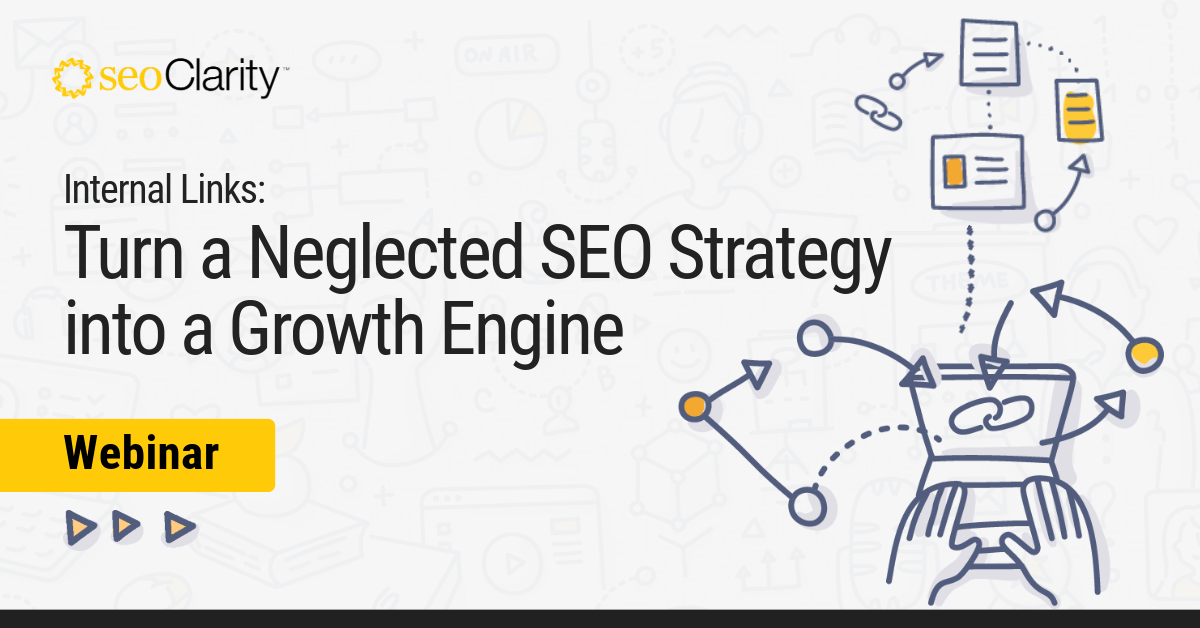In today's highly competitive digital marketplace, businesses face the critical challenge of choosing the most effective strategies for driving traffic and generating leads online.
Two of the most common and powerful digital marketing techniques are SEO (search engine optimization) and Paid Search Campaigns (PPC). However, understanding when and how to leverage each method can be difficult.
To help you create the most effective search marketing strategy possible and optimize return on investment, we’ll provide further insight into PPC and SEO techniques, how they differ, and the best times to utilize each.
Table of Contents:
- What is SEO?
- What is PPC?
- Key Differences Between PPC and SEO
- Benefits of PPC/ When to Use PPC
- Benefits of SEO/ When to Use SEO
- Integration of PPC and SEO
What Is SEO?
SEO, or search engine optimization, is a set of practices for enhancing a website’s visibility in organic (non-paid) search results by optimizing its content, structure, and technical performance.
It involves strategies such as keyword research, on-page and off-page optimization, and improving user experience to increase a site's ranking on search engines and attract more relevant traffic.
Here is an example of organic search results:

What Is PPC?
PPC, or pay-per-click, is another common search marketing strategy.
It allows businesses to bid on keywords relevant to their products or services, and pay search engines to show their webpage immediately and prominently in the SERP. Search engines label these results as "sponsored" paid ads.

Additionally, businesses must pay a fee each time users click on their ad.
Key Differences Between PPC and SEO
Now that you know the basics of SEO and PPC, it’s time to understand their differences.
The main differences between SEO and PPC are cost structure, timeline for results, and ad placement.
Cost Structure
When considering cost for each campaign, PPC is often more expensive than SEO.
Businesses incur immediate costs by paying for every link audiences click, so traffic and budget work hand-in-hand. And if you’re in a more competitive industry, like insurance or retail, PPC can become expensive to keep up with – especially over time.
SEO, on the other hand, is typically a more cost-effective long-term strategy,
While SEO may require a higher initial investment in time and resources, it yields sustainable results as increased visibility continues without direct costs for traffic.
Timeline for Results
PPC can produce new traffic in hours, providing faster, more controlled, but temporary results.
SEO is a longer-term investment that builds sustainable traffic and authority over time, so don’t expect it to provide immediate results. Sometimes it can take weeks or months for SEO strategies to improve website rankings.
Appearance in the SERPS
As previously mentioned, search engines label PPC webpages as paid ads. This comes with advantages and disadvantages.
Your targeted page appears at the top of the SERPs, but audiences can see the “Ad” or "sponsored" label and possibly question the credibility or bias of the information being presented, potentially passing over the page completely.
Organic search in SEO campaigns don’t show up as paid results, building more authority and reputability.
Since organic results are ranked by search engines based on relevance, quality, and authority, rather than paid placement, they are often perceived as more objective and unbiased. Users tend to believe that if a site appears high in organic results, it has been vetted by the search engine’s algorithms as a credible source.
Benefits of PPC/ When to Use PPC
So, when should you use PPC?
Consider using PPC if any of the following goals or circumstances apply:
- Immediate Results: If you need quick visibility and immediate traffic to your website, PPC is ideal. It can help launch new products, promotions, or campaigns with instant exposure.
- Targeting Specific Audiences: PPC allows for precise targeting based on demographics, location, device, time, and interests. This is beneficial when you want to reach a specific audience segment quickly.
- Testing and Data Gathering: PPC is excellent for testing different keywords, ad copy, and landing pages to gather data on what works best before committing to long-term SEO efforts.
- Competitive Industries: In highly competitive markets, PPC can provide visibility when organic rankings are difficult to achieve due to strong competition.
- Seasonal or Time-Sensitive Campaigns: For seasonal promotions, events, or time-sensitive offers, PPC ensures your ads are displayed when they are most relevant and needed.
- Targeting Bottom of the Funnel Terms: Typically, keywords that are bid on in PPC search marketing models are focused on transactional queries. Because the cost is high, it needs to show a high ROI, therefore Paid Search/PPC campaigns are usually focused on bottom-of-the-funnel terms.
Benefits of SEO/ When to use SEO
Understanding the benefits of SEO and knowing when to prioritize it can significantly impact your long-term success.
Here are some situations where it’s beneficial to implement SEO:
- Long-Term Growth: SEO is best for building sustainable traffic over time. If you're focused on long-term brand visibility and authority, investing in SEO will provide ongoing benefits.
- Budget Constraints: If you have a limited budget, SEO can be more cost-effective over the long term, as it doesn’t require continuous payment like PPC.
- Building Credibility and Trust: Achieving high organic rankings can enhance your credibility and trustworthiness in the eyes of users, as organic results are often viewed as more authoritative.
- Building Brand Awareness: Creating and optimizing content for target audiences can help enhance brand image along the buyer’s journey.
- Consistent Traffic: SEO is ideal for maintaining a steady stream of traffic once your site gains authority and ranks well, providing a foundation for ongoing lead generation, revenue, and brand awareness.
Integration of PPC and SEO
Deciding between PPC or SEO is a tough choice, so why not choose both?
Businesses often find that a balanced approach, combining both PPC and SEO, allows for immediate gains while investing in long-term growth.
They work well together, leading to better keyword targeting, improved landing page relevance, strategic digital marketing cost allocation, and increased revenue.
Recommended Reading: Benefits of SEO and Paid Search Working Together
Conclusion
Whether you choose a PPC campaign or SEO campaign depends on your budget, marketing goals, and time. You can always choose both, leveraging the strengths of PPC and SEO campaigns, for your digital marketing campaign.
seoClarity is your all-in-one digital marketing resource where you can analyze your PPC and SEO data in one platform!
We provide comprehensive data for you to improve content relevancy, create more SERP touchpoints, and optimize budget spend to maximize results. Try a free demo today!







Comments
Currently, there are no comments. Be the first to post one!